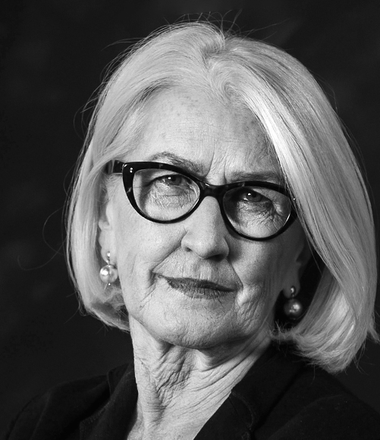
I was born and grew up in a dusty, sparsely populated gold mining town on the bare and vast "veld" of the Orange Free State, South Africa. As a child, my town’s dependence on the extraction of gold at a price fixed in Washington opened my eyes to the existence of an international financial system.
Most puzzling to me was why the price of gold, set at $35 an ounce by President Roosevelt in 1934, had not changed at all by the early 1970s. Why, when prices for everything else in our town had moved since then, had the price of a precious, scarce asset remained so low – especially since its extraction from some of the deepest mine shafts in the world proved so dangerous to the low-paid black and white miners who dynamited it out of rock?
My father, who had left school early to go to war, struggled to explain these concepts to me but that interest – in what I would later learn was the global financial system within which domestic economies are embedded – never left me. Especially since the stability of the Bretton Woods era of my childhood was long ago dismantled by Wall Street bankers and their friends in the White House.
Read this story in one minute
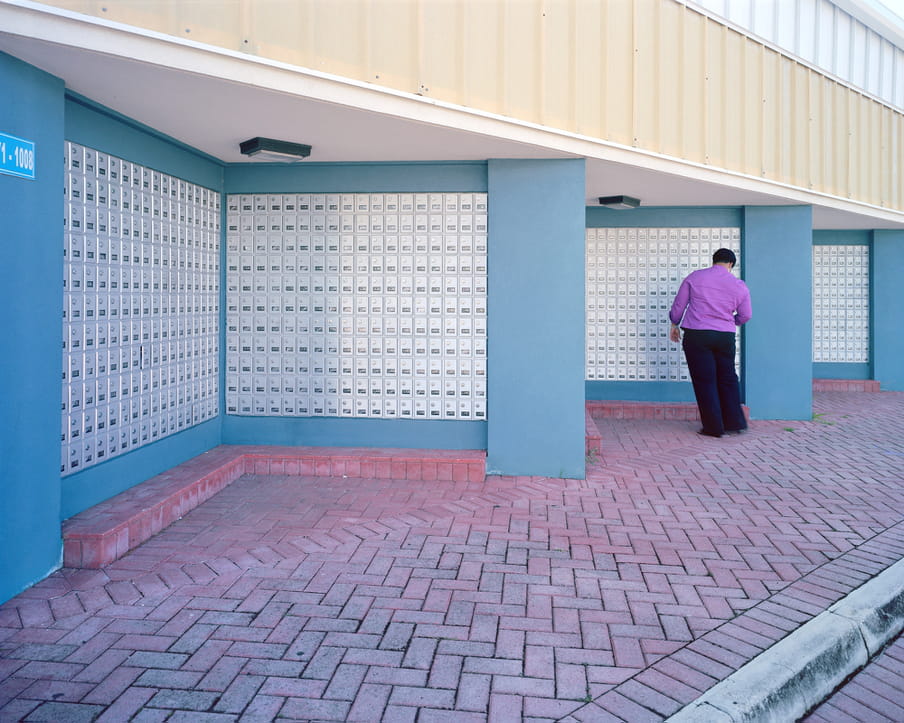
The world is governed by market forces
In place of stability, what we have today is a ramshackle, largely deregulated system, widely known as “globalisation”.
Effectively lobbied for by economic cowboys with no interest in economic justice or environmental sustainability, the result of this system where “the world is governed by market forces” is that since 1971 and the Nixon Shock, economies in the global north and south have staggered from one crisis to the next.
The coronavirus is shaking the pillars which underpin the temple of globalisation, causing the system to slide off its foundations
Now the coronavirus is shaking the pillars which underpin the temple of globalisation, causing the system to slide off its foundations. While such a collapse will in many ways be ruinous, it is also an opportunity to once again redesign and rebuild the international financial architecture so that it is more resilient to economic shocks – and works to counter climate breakdown and species extinction.
What was previously economically unthinkable, now becomes possible. The Overton Window has been opened up to enable a wider discourse.
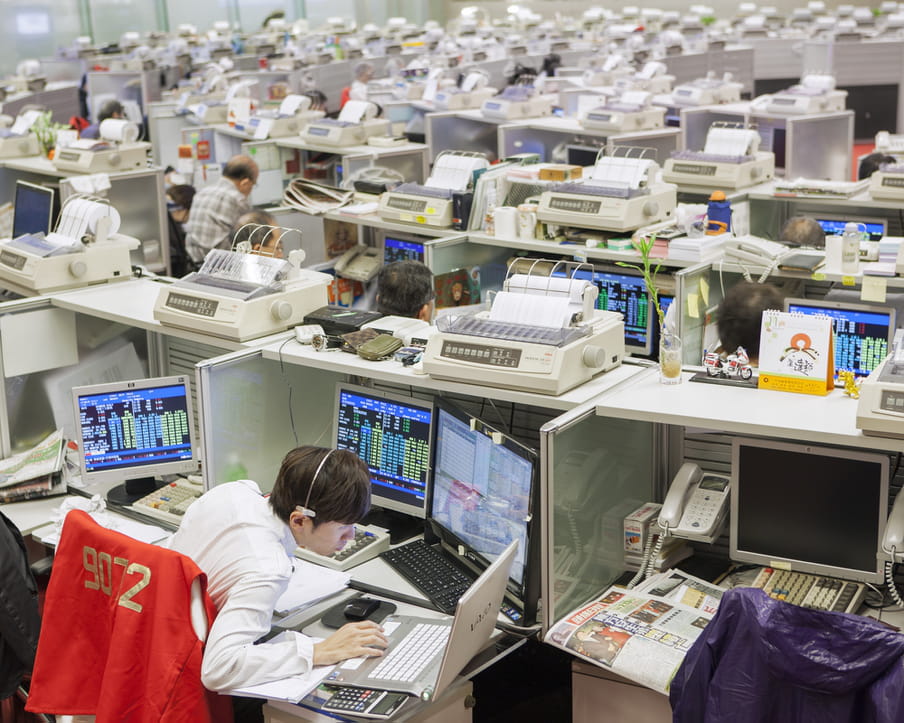
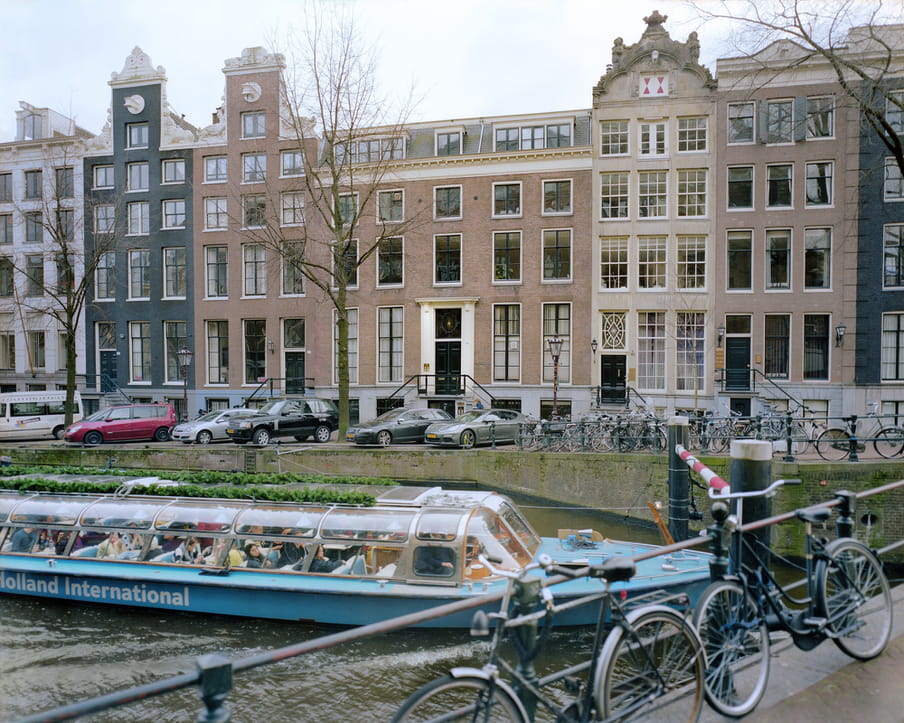
Living in an era of globalised interests but nationalistic rhetoric
Just as this opening for economic transformation has arisen, the defenders of the status quo have raised the alarm. One of the first to rise to globalisation’s defence is Branko Milanović, once lead economist of the World Bank’s research department.
In a recent article he warns that “globalisation could unravel” under pressure from the pandemic, and if it were to do so, societies could unravel too. To Milanović, this is the biggest danger posed by the coronavirus: that “the longer the crisis lasts, and the longer obstacles to the free flow of people, goods, and capital are in place, the more that state of affairs will come to seem normal”. In an apocalyptic analogy, he compares this “unraveling” of globalisation to “the disintegration of the Western Roman Empire”.
This fear of “globalisation unraveling” is shared by Boris Johnson, the British prime minister, who, while pursuing Brexit as an overtly nationalist agenda, thinks a Superman needs to come to globalisation’s defence. In a speech given in February of this year, he said: “When there is a risk that new diseases such as coronavirus will trigger a panic and a desire for market segregation that go beyond what is medically rational to the point of doing real and unnecessary economic damage, then at that moment humanity needs some government somewhere that is willing … to take off its Clark Kent spectacles and leap into the phone booth and emerge with its cloak flowing as the supercharged champion of the right of the populations of the earth to buy and sell freely among each other.”
As citizens we would not feel powerless if we understood that the private, globalised financial system depends utterly on public, taxpayer-backed resources
Across the proverbial pond, Donald Trump, for all his nationalist rhetoric, profits from hotels, golf course and fashion chains based in foreign jurisdictions – and from an international banking system that turns a blind eye to his serial and sometimes fraudulent bankruptcies.
The US leader presides over a United States Federal Reserve that continues to enjoy the imperial privilege of issuing the world’s reserve currency, and exercises historically unprecedented dominion over the global economy. Trump has used this privilege to unilaterally impose economic blockades on foreign powers and to violate international law.
But back on his home turf, Trump presents a different persona: as an anti-globalist. In a speech to the UN in 2019, he spelled out his new-found nationalism. “Each nation,” he said, “has a cherished history, culture and heritage that is worth defending and celebrating, and which gives us our singular potential and strength. The future doesn’t belong to globalists. The future belongs to patriots.”
Fake as it may be, this anti-globalisation stance has won Trump public support, and granted him extraordinary political power over the United States’s most powerful institutions.
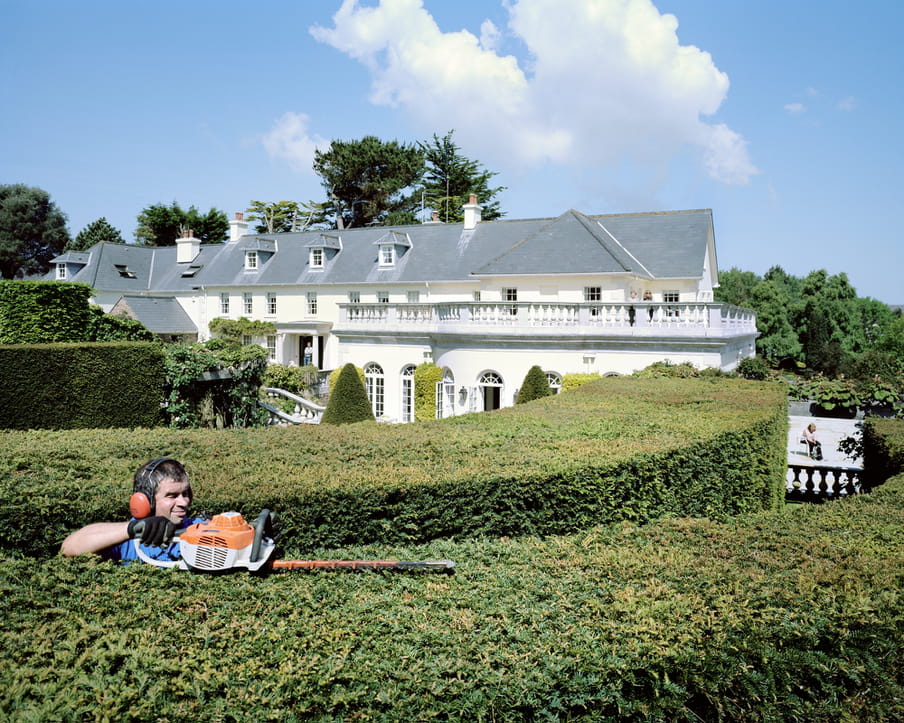
Where do progressives stand on globalisation? Are Green and Social Democrat politicians as stunned and confused by this crisis as they were after the collapse of Lehman Brothers in 2008? Are they once again willing to restore, bailout and preserve the globalised financial system – or do they agree with the economist Dani Rodrik that nation-states, democratic politics and deep international economic integration are mutually incompatible? If the latter, do those loosely defined as "the left" and as "greens" have a vision for a new global order that is radically different?
The evidence from recent left-wing election campaigns in Britain and the US is disappointing. Both the Jeremy Corbyn-led general election campaign and the Bernie Sanders-led presidential campaign appeared blind to the impact of the international financial system on their own policies and on the lives of their voters. Odd, given that their anti-globalisation electorates loathe the current system.
Both Corbyn and Sanders offered sound analysis, deep compassion and sincere solidarity to the victims of globalisation and climate breakdown. But they focused on domestic issues – health systems, affordable housing, nationalisation of the railways, kindness to the poor and homeless – and ignored the globalised financial infrastructure that makes reform of these sectors virtually impossible.
Anti-globalisation voters who backed Brexit or “America First” were clearly not impressed as neither man is today in a position to effect change, either as British prime minister or as the president of the United States.
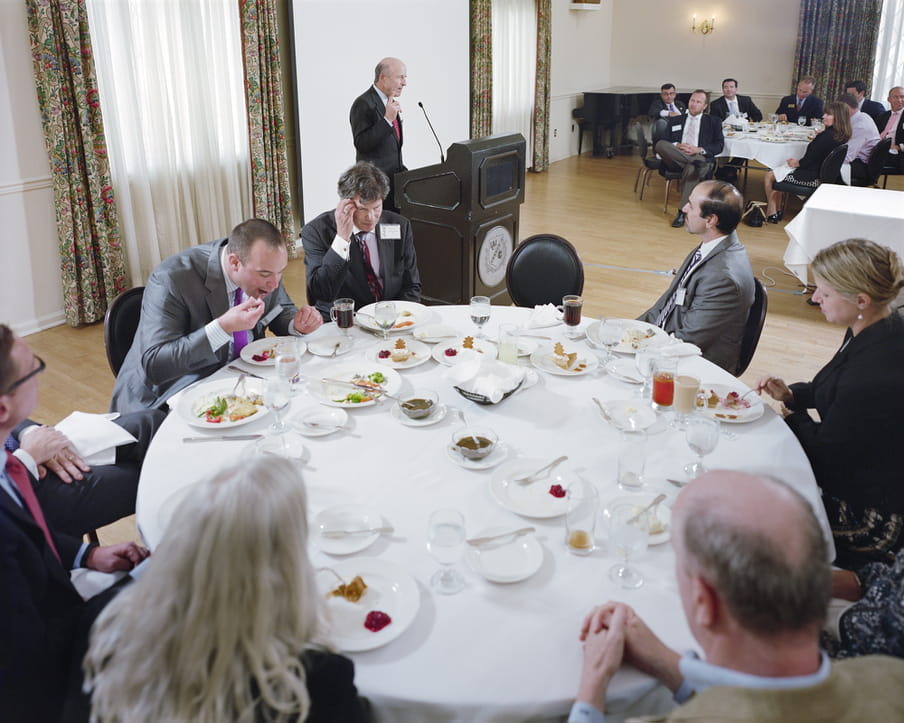
The argument for local self-sufficiency but global cooperation
While we may deplore Donald Trump’s double standards, the Covid-19 pandemic has restored “national foundations”. In the absence of an international system of cooperation and coordination based on multilateral institutions such as the World Health Organization, countries have been forced to fall back on their own strengths, resources and institutions. Each country has responded differently to the disease – in line with their own distinct health systems, cultures, political institutions and financial capabilities.
Milanović acknowledges this development and warns against it: “The world faces the prospect of a profound shift,” he writes, “a return to natural – which is to say, self-sufficient – economy. That shift is the very opposite of globalisation. While globalisation entails a division of labour among disparate economies, a return to natural economy means that nations would move toward self-sufficiency.”
It is this very idea of self-sufficiency in steady state economies that I argue for in my book, The Case for the Green New Deal, coupled with greater international coordination and cooperation which remain necessary to prevent the breakdown of the earth’s and humanity’s life support systems.
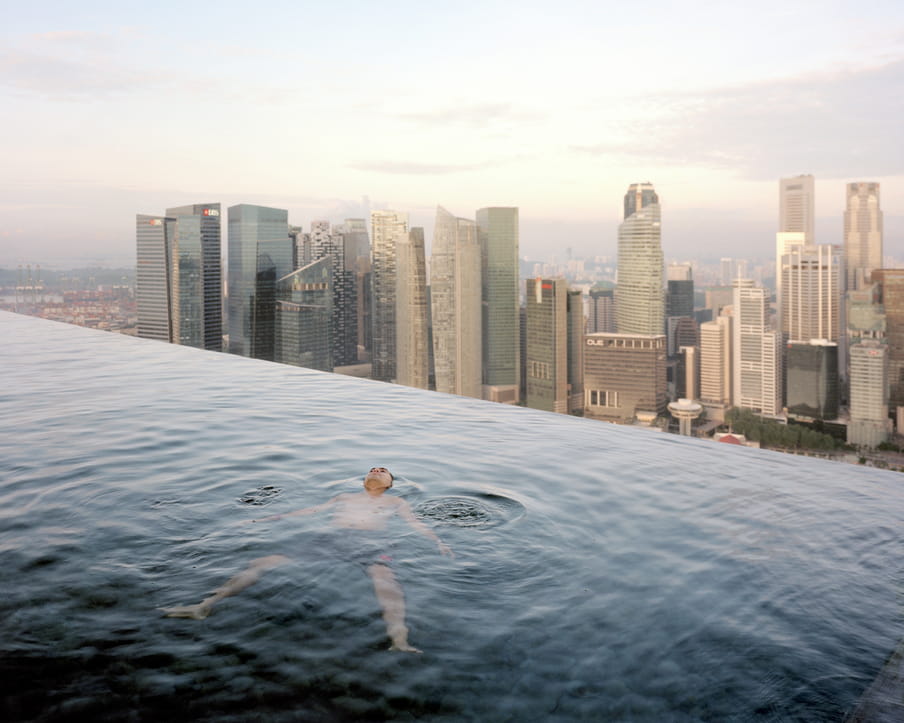
In broad terms the Green New Deal (GND) demands that we address first the global; second the differential impact of both historic and current climate change on different nations; and third, that we recognise the vital role of the state. It means wealth transfers to poor countries suffering the consequences of centuries of industrialisation in rich countries, and self-sufficiency in the provision of human needs, goods and services for their citizens.
At an individual level, private sufficiency (learning to grow our own food, sew our own clothes and derive energy from renewable sources within our own finite boundaries) will be complemented by public luxury. As the writer George Monbiot argues, the expansion of public wealth creates more space for everyone; the expansion of private wealth reduces it, eventually damaging most people’s quality of life.
The Covid-19 pandemic and climate breakdown have much in common. Both crises affect different nations, and different communities with varying degrees of severity; as the former chief financial officer of the World Bank, Joaquim Vieira Ferreira Levy, points out both the coronavirus and climate change “[show] the importance of government”. As such, both should prompt us to reimagine our economic and financial systems before it is too late.

Three keys to reforming the global financial system
This, I hear you say, is all very well. But what can we, as citizens, do to prevent the restoration of a global financial system governed by volatile markets (the largest of which is the foreign exchange market), dominated by the US dollar and built on government debt? And what might it take to ensure that that system is governed by public, not private interests?
I propose a transformation that happens in three ways.
We need greater understanding of the centrality of the international financial architecture to domestic policymaking
Right now, the international system is scarcely a matter of public discourse. It is discussed in elite, niche, academic circles, but not sufficiently in trades unions, student groups, religious or community spaces. Instead, our collective focus has been relentlessly on domestic issues. That must change.
Knowledge is indeed power. People cannot transform that which they do not know of or understand. And the international financial and monetary system is both hard to know of and understand, as it is so intangible and detached from regulatory democracy. But understand it we must. Awareness of the power that globalised finance plays in determining impacts in the real world economy, close to home, is vital.
At the very least our political leaders should have an understanding of both the system and its importance, and should use this knowledge to inform domestic audiences. Their message would be straightforward: We cannot restore our health systems, for example, if we cannot raise affordable finance to do so. And we cannot do that unless we (not markets) manage the international financial system, to ensure that money is made available for society’s most urgent needs, and that the cost of financing is sustainable.
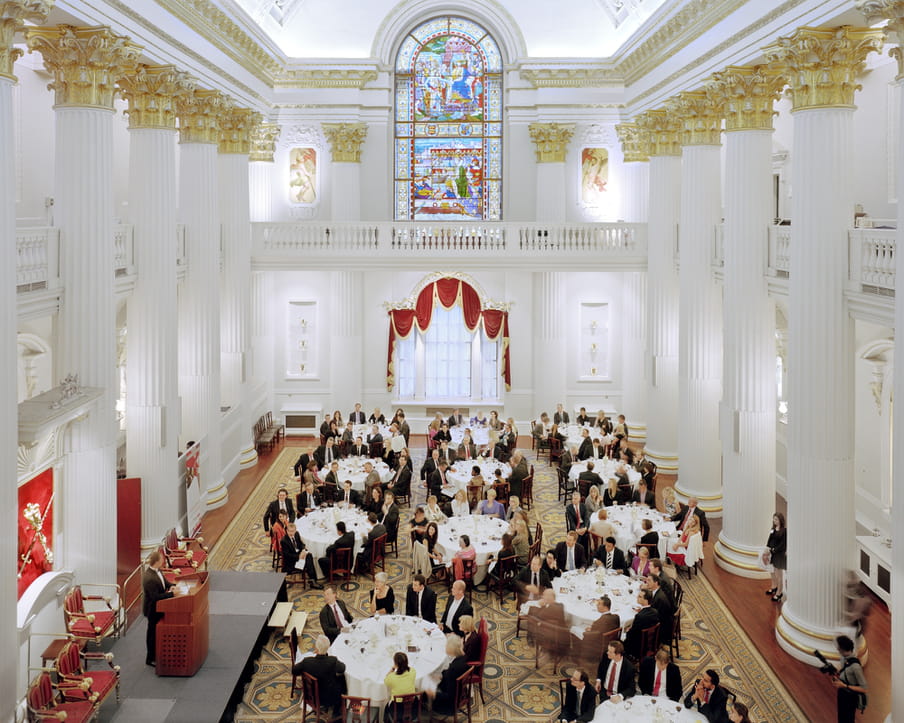
Our states cannot afford to borrow to stabilise the economy if they do not simultaneously generate sufficient revenues through taxation to repay what was borrowed
To be clear, I am not arguing that we need tax revenues to pay for the necessary investment. Simply that to keep a nation’s monetary system in balance, we need ultimately to raise tax revenues to repay the initial finance – and not remain locked into a trillion-dollar government debt market.
While this may seem self-evident, we cannot generate sufficient tax revenues in a world where money crosses borders more easily than people fleeing conflict. A world which enables Big Pharma and Silicon Valley companies to dodge taxes and lodge profits in tax havens. And we cannot fix health systems – or prevent climate collapse – if globalised corporations outcompete local producers and manufacturers because the latter enjoy the massive tax breaks.
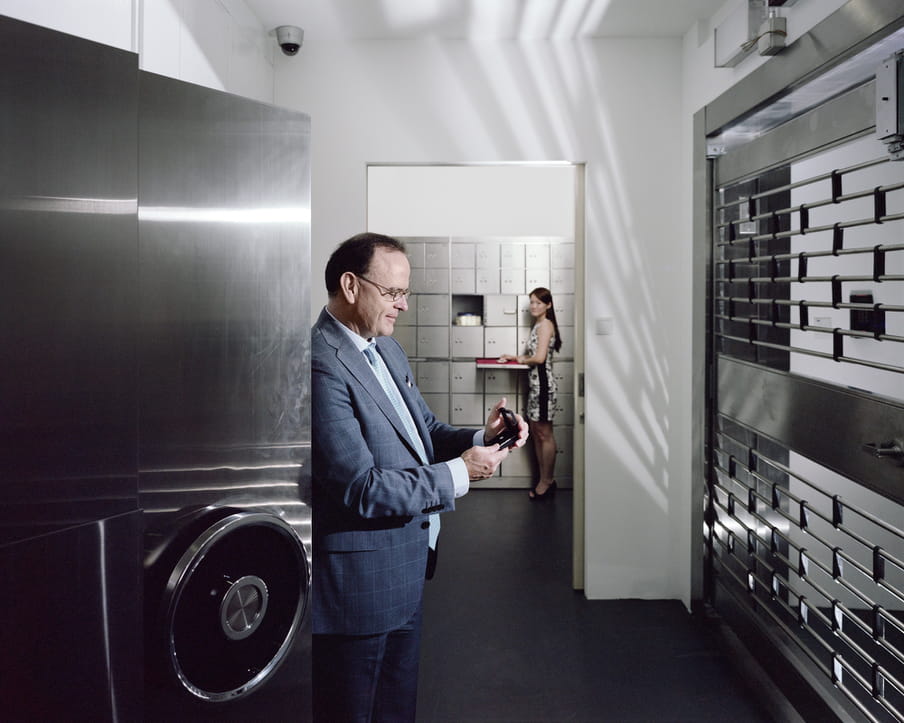
We must use our power as taxpayers
As citizens we would not feel so powerless if we understood that the private, globalised financial system depends utterly on public, taxpayer-backed resources. Just look at the current crisis unfolding. Global markets, which we are often told are best left to their own devices, we discover with every crisis, are slavishly dependent on the largesse of publicly backed central banks, and in particular on the Federal Reserve. The Federal Reserve is increasingly essentially nationalising, not just bailing out, the private finance sector.
Central banks are only able to undertake these bailouts, because they derive their power to create new money from a nation’s taxpayers. The United States has a well-developed system of collecting taxes from about 60 million law-abiding US Americans. Those regular tax collections make up the collateral that backs up the central bank’s actions, guarantees future government income, and determines effectively the value of a currency. Countries that lack a well-developed tax collection system lack the collateral needed for a strong central bank and sound currency.
So what we need is to form a new taxpayers’ alliance, an alliance that spreads understanding of how dependent the global financial system is on public resources – resources made available by regular taxpayers. And as taxpayers, we should set the conditions: that public resources should only be made available on terms that ensure the finance system is transformed into the role of servant, not master of the economy.
The coronavirus pandemic is a moment of reckoning for globalisation and our international financial system. But it is vital that we first condemn the current system – rather than wish to save it. Then we need to expand both our understanding and discussion of alternatives in a way that makes it easy for people like my father – not just economists – to grasp the centrality of the system to everyday life. As taxpayers, the power is all of ours. Now we must use it.
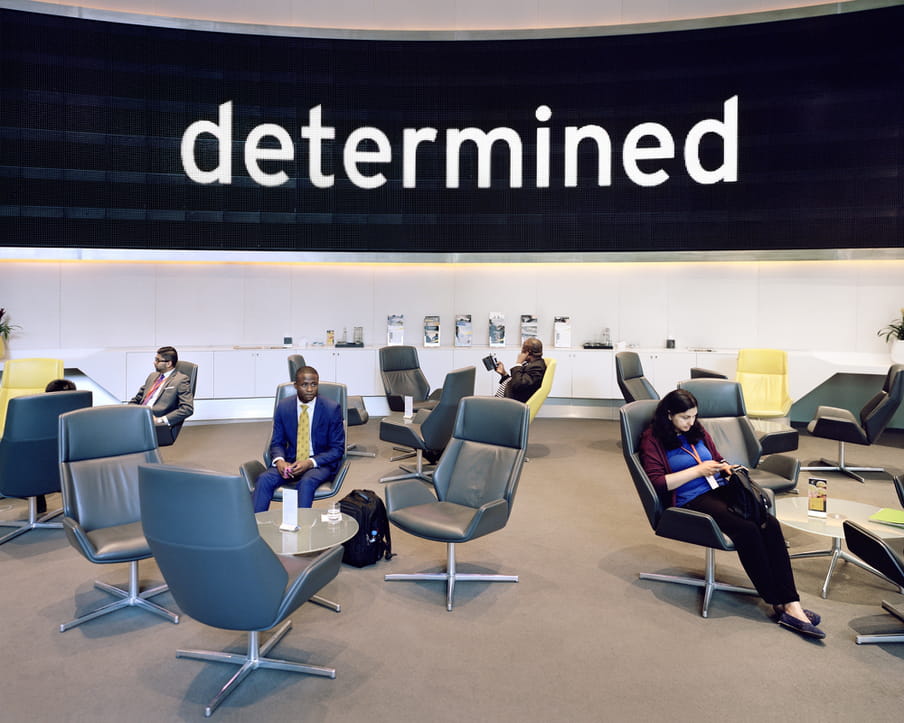
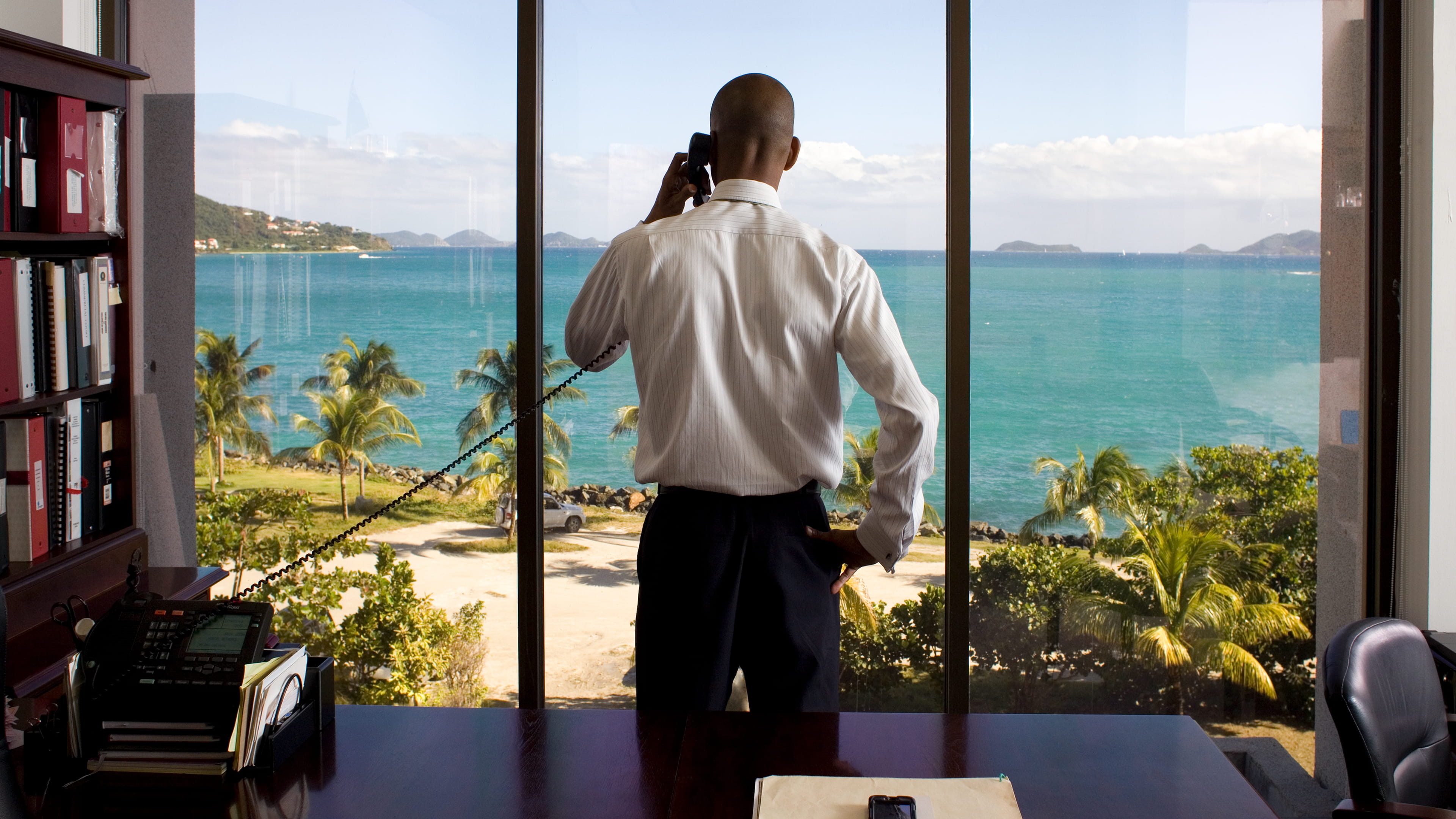 About the images
When photographers Paolo Woods and Gabriele Galimberti became interested in tax havens they soon realised there was a lot of literature on the topic, but barely any images. Between 2012 and 2015 they travelled to the places that embody tax avoidance, secrecy, offshore banking and extreme wealth, driven by their relentless obsession with trying to translate this rather immaterial subject into images.
About the images
When photographers Paolo Woods and Gabriele Galimberti became interested in tax havens they soon realised there was a lot of literature on the topic, but barely any images. Between 2012 and 2015 they travelled to the places that embody tax avoidance, secrecy, offshore banking and extreme wealth, driven by their relentless obsession with trying to translate this rather immaterial subject into images. At that time, it was estimated that as much as US$32 trillion was sheltered in tax havens worldwide, of which a growing share is owned by companies to escape financial regulations or to reduce their taxes, draining the resources countries could be spending on education, healthcare or housing. Galimberti and Woods achieved one of the most difficult goals known in documentary photography: to visualise the invisible. They have succeeded in visualising a topic that is so far from most of our realities, it’s almost stranger than fiction. (Lise Straatsma, image editor)
Dig deeper
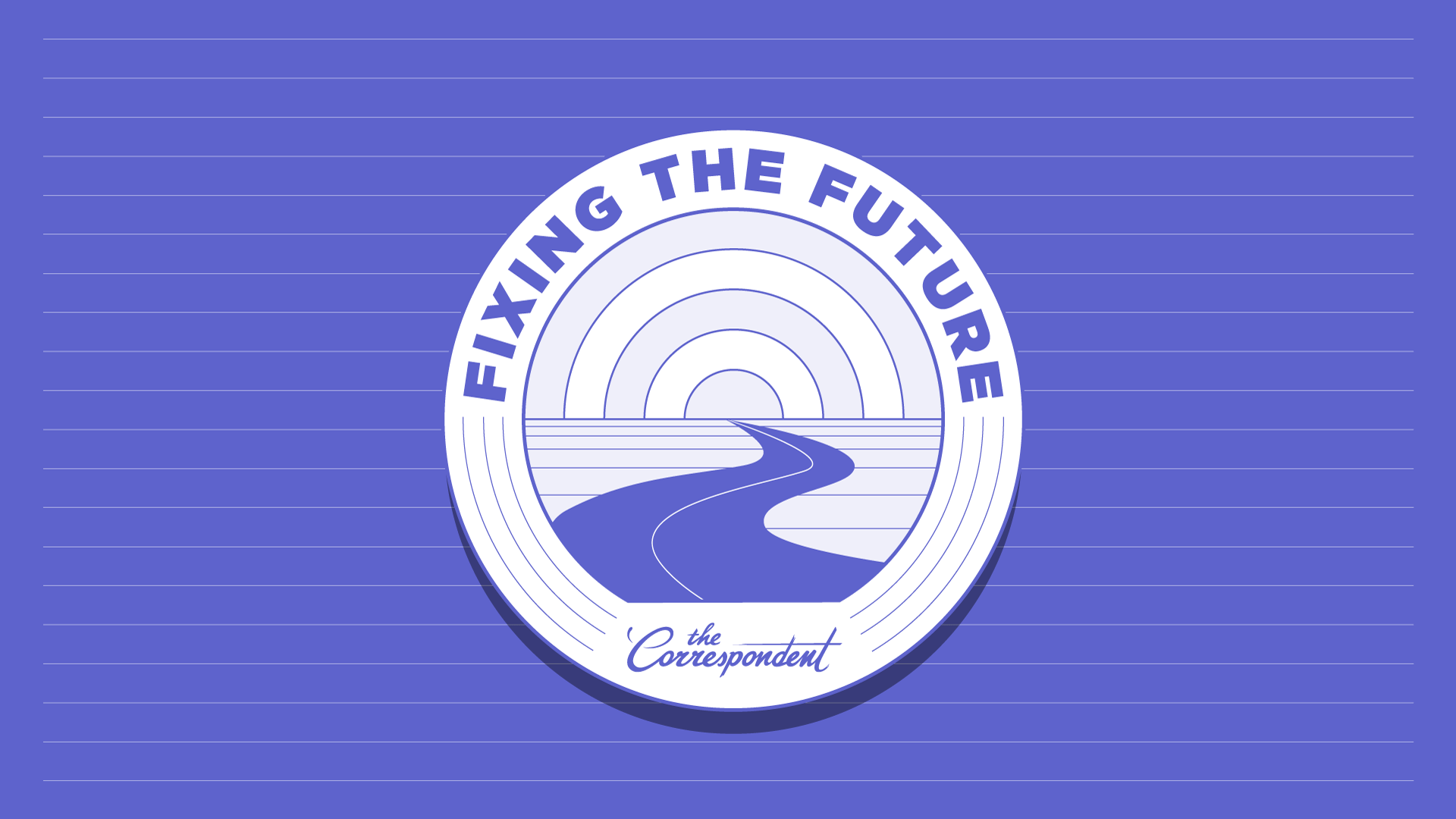 Read stories in the Fixing the Future collection
A new piece every month that explores the themes that will shape the coming decade and uncovers how we can be active agents of positive change.
Read stories in the Fixing the Future collection
A new piece every month that explores the themes that will shape the coming decade and uncovers how we can be active agents of positive change.

